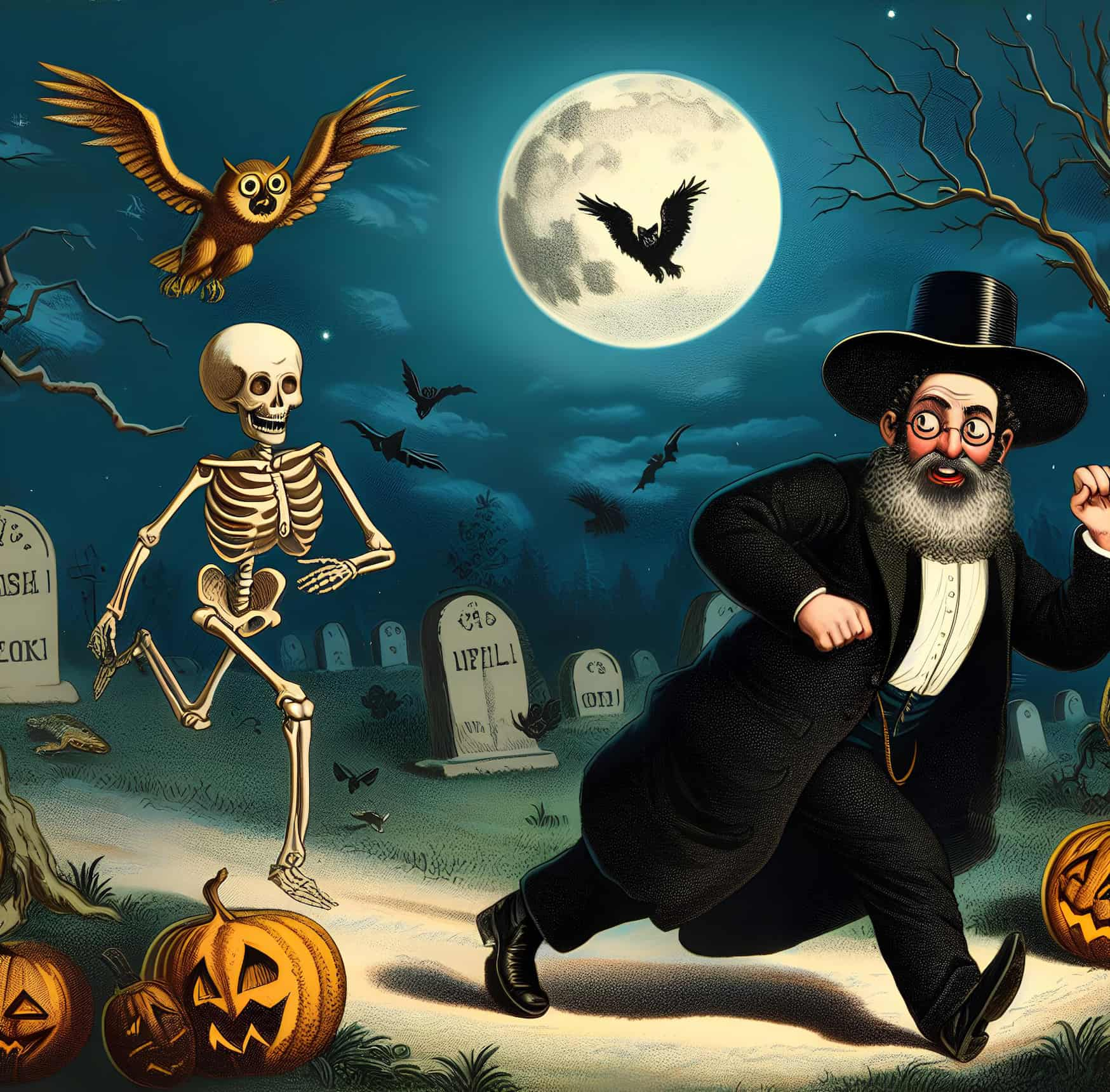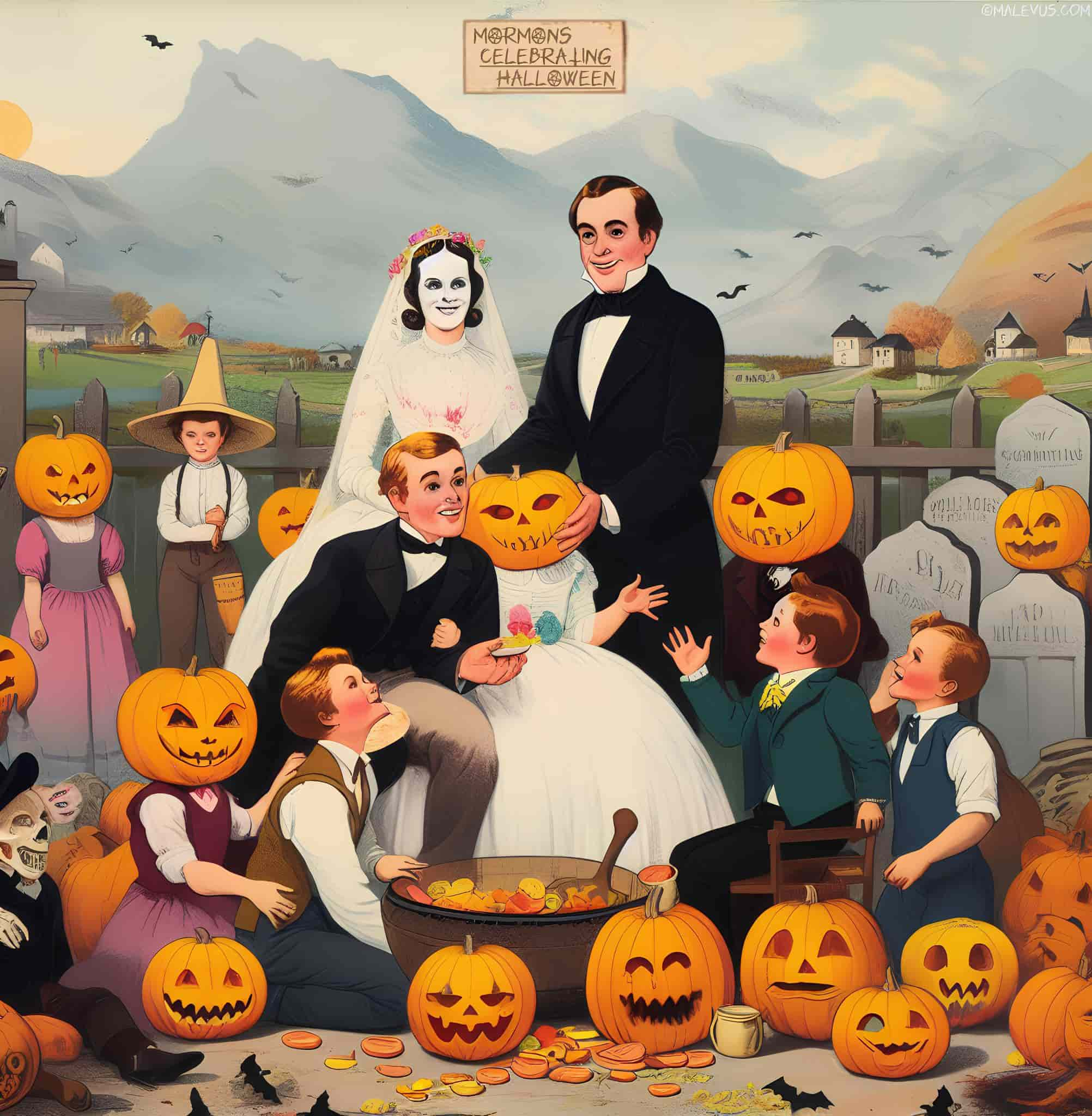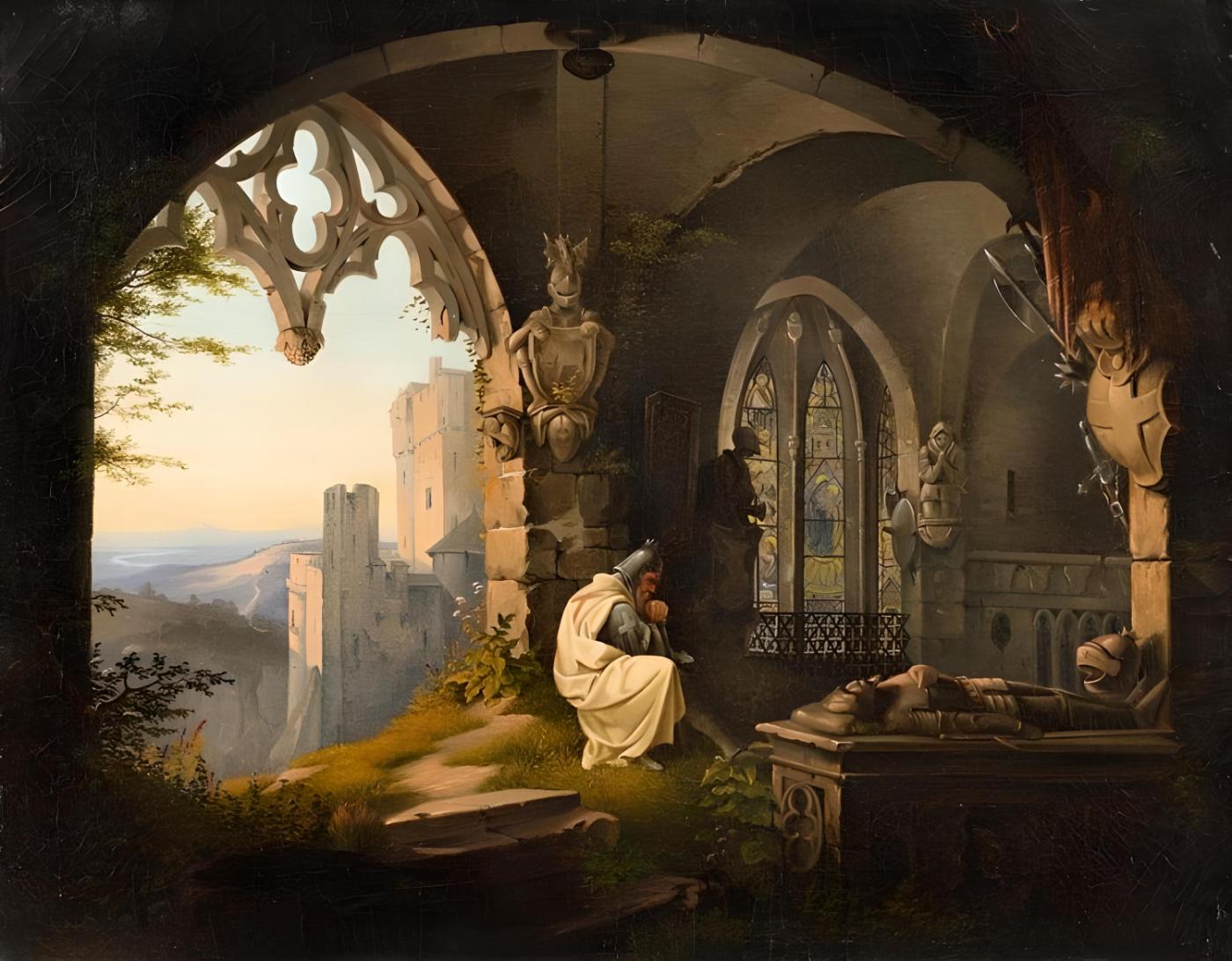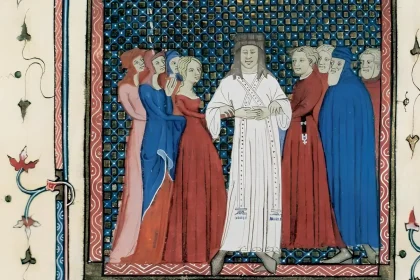Even though it has its roots in pagan and Christian celebrations, Halloween is extensively observed in many parts of the world today. This celebration of the end of the harvest and the beginning of a new year is traced back to the ancient Celtic festival of Samhain. As a result of the Roman conquest of the Celts in the first century, several Celtic and Roman feasts were joined to form what is now known as All Martyrs’ Day, which was officially established by the Roman Catholic Church in the year 609 AD.
Root of the Name
All Hallows’ Eve or All Hallow Even, which is the night before All Saints’ Day (November 1) and All Souls’ Day (November 2), is where the name “Halloween” has its origins. The phrase “hallowed evening” or “holy evening” serves as its literal root. The contradiction “Halloween” was first created in the late 18th century. “Hallow” means “holy,” and it is related to Dutch and German heiligen.
Origin of Halloween Traditions
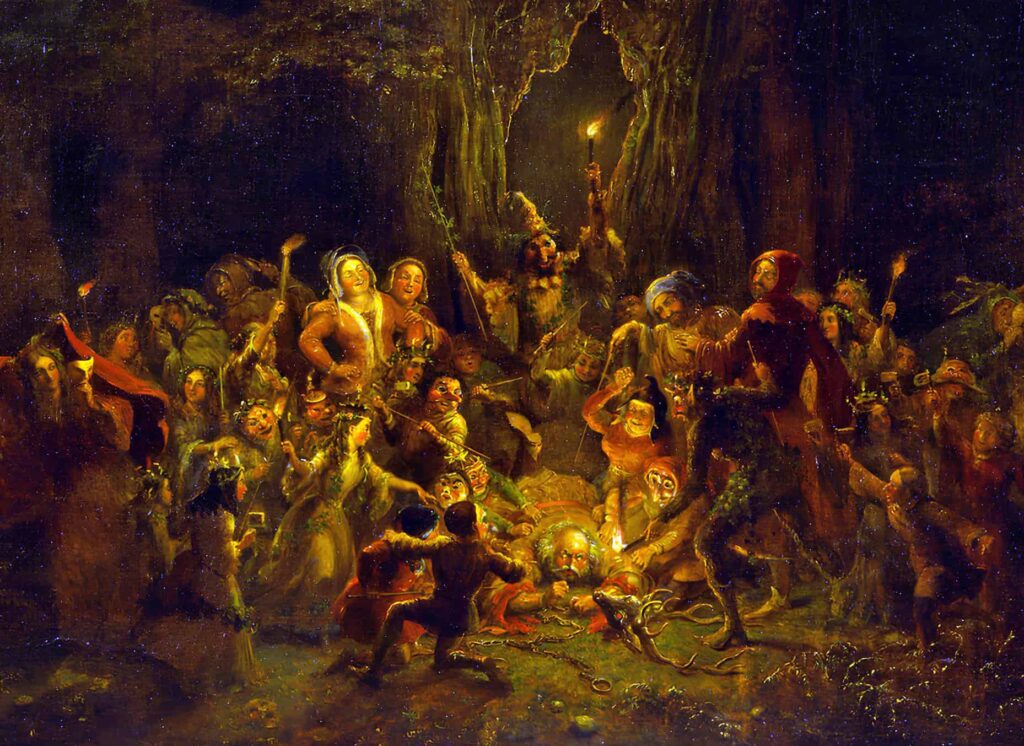
The celebration of Halloween is based on Pagan rituals honoring the dead. Samhain was a time when the Celts thought the dead might return to the world of the living. At Samhain, the living and the dead might communicate with one another. The practices of the Pagan past have been woven into the fabric of Halloween, from the costumes to the treats.
In order to trick wandering ghosts into thinking they were one of their own, some Celts dressed themselves in macabre clothing. Some people tried appeasing the ghosts by offering them candy. Following local Pagan practices, Catholic clergy in medieval Europe had their members go door-to-door dressed in costumes and ask for donations in the form of Halloween gifts.
Halloween in Religions at a Glance
There are clear Christian and Celtic influences on the celebration of Halloween. However, the history of the festival is convoluted, and many interpretations of it may be found in other faiths. Here are some facts concerning the significance of Halloween in religions:
- Christianity: Some Christians refuse to celebrate Halloween because of its dark history and pagan roots. However, many modern Christians value Halloween for the opportunity it provides to celebrate the reality that death is an inevitable aspect of life.
- Jehovah’s Witnesses: Jehovah’s Witnesses do not participate in Halloween because they consider it to be a pagan celebration that encourages spiritism.
- Hinduism: The Hindu faith does not traditionally observe Halloween. Diwali, the Hindu festival of lights celebrated on November 12, may sometimes coincide with Halloween, although most Hindus feel uncomfortable with the idea of celebrating the dead anyway.
- Judaism: According to Jewish law, it is forbidden to participate in Halloween since it is a Gentile (“non-Jew”) holiday. Many American Jews outside of the Orthodox community observe Halloween’s secular customs despite the fact that this festival is forbidden by Jewish law.
- Islam: From the perspective of Islam, Halloween is one of the worst holidays because of its pagan roots and Christian origins. No matter how beneficial or innocuous a Halloween activity may appear, engaging in it is banned (Haram) in Islam.
- Mormonism: Some Mormons celebrate Halloween while others don’t. Some Mormons prefer not to celebrate it because of the holiday’s alleged link with evil.
- Buddhism: Buddhism has a long history of legends about ghosts and other supernatural entities. Buddhism celebrates departed souls with a holiday called the Hungry Ghost Festival, or the Yulanpen Festival, around the time of Halloween.
- Celtic Paganism: Since Halloween celebrates the conclusion of the Celtic calendar year and the beginning of the long, gloomy winter associated with Celtic paganism, the Neo-Pagans still commemorate Samhain and Halloween today. Beginning in the 15th century, people used to let off fireworks and dress up in costumes to scare away the dead. Many of the customs associated with Halloween can be traced back to Samhain, including the use of pumpkins and costumes.
The Religions That Don’t Celebrate Halloween
Christianity
Since the way it’s celebrated today is largely secular, Halloween is no longer celebrated by Christians for religious reasons. But despite Halloween’s reputation as a celebration of the macabre, many of the holiday’s traditions have deep roots in the history of Christian communities, especially in Catholic history. For instance, medieval European clergy adopted Pagan customs, going door-to-door in costumes and seeking Halloween donations.
This festival is used to commemorate the dead one night before All Saints’ Day. However, there is still a lack of clarity on the church’s official stance on Halloween since it has lost much of its religious significance.
Many of Halloween’s defining features—ghosts, devils, supernatural occurrences, and even vampires—also have their share in Christian mythology. But there are Christians who opt to ignore Halloween because of its pagan history and negative connotations. This is due to a common misconception that it is still a Pagan holiday or even the devil’s birthday.
During Samhain, the Celtic festival from which Halloween sprang, bonfires were lit and costumes were worn to scare away the dead. Many traditions associated with Halloween can be traced back to this festival, including the use of pumpkins and frightful costumes. For this reason, some Christians see Halloween as a satanic festival when wickedness is embraced and the devil is praised.
Jehovah’s Witnesses
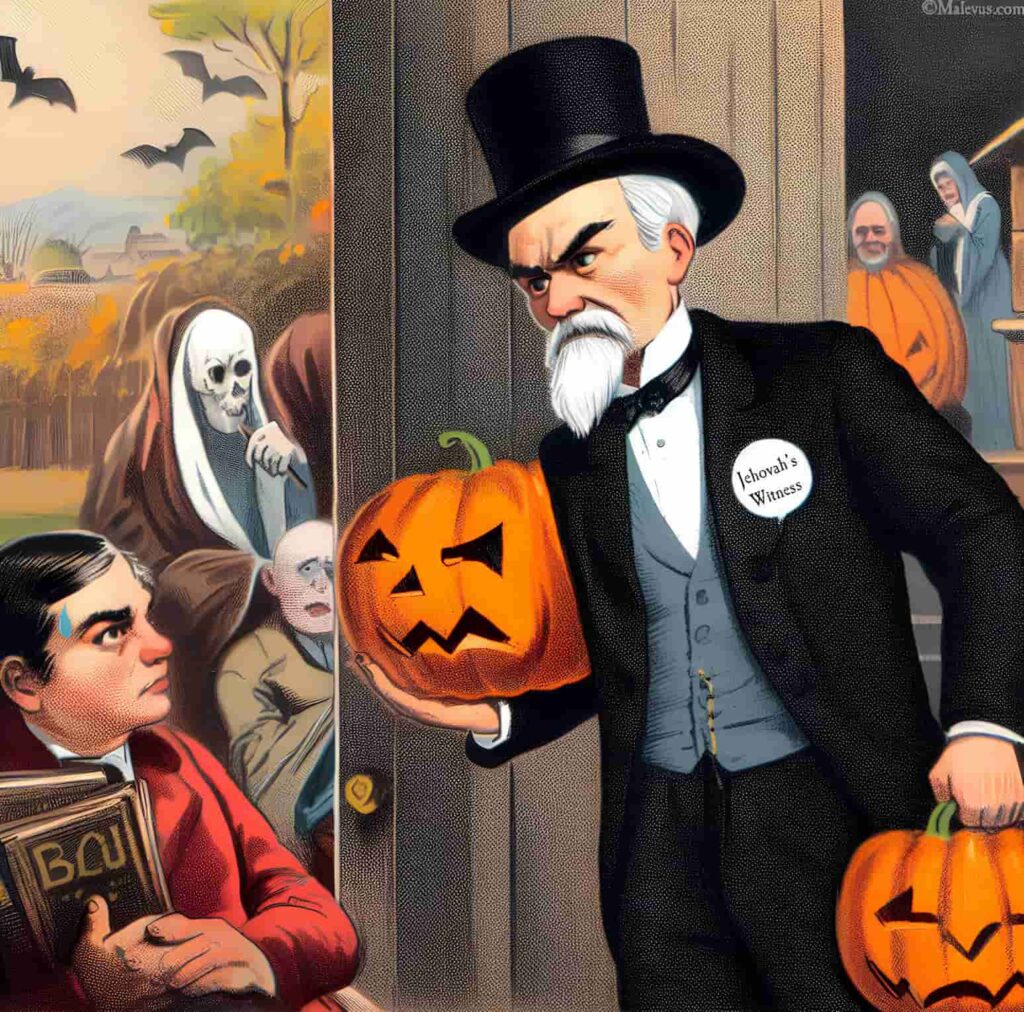
The position of Jehovah’s Witnesses on Halloween is unequivocal: they do not participate in it. That’s because Halloween, in their eyes, is a pagan celebration of horror and superstition. The unwillingness of Jehovah’s Witnesses to participate in Halloween festivities stems from the way they read the Bible.
They consider Halloween to be incompatible with their religious views because they think these events have pagan or non-Christian roots. They refer to verses in the Bible that forbid occult activities like divination and communicating with spirits, such as Deuteronomy 18:10–12.
They do not partake in Halloween festivities, nor do they observe other holidays such as Christmas, Easter, or even the national holidays. Their attitude on these festivals mirrors their general approach to religious practice, which places more emphasis on following what they see as Biblical precepts than on following what has become customary in modern society.
Judaism
Jews are forbidden by Halakhah (Hebrew: “the Way”) to celebrate Halloween. This is due to the fact that All Hallow’s Eve was originally a Celtic ritual before being adopted into the Christian calendar by the Catholic Church, and Jews are forbidden by the Torah to celebrate holidays that have their origins in “gentile (‘non-Jew’) customs,” such as Halloween.
Liberal Jewish movements, such as the Reform, enable their members to celebrate Halloween even though it is not observed by Orthodox Jews. It is the opinion of some Jews that Halloween is a Christian celebration that has nothing to do with Judaism. There is also no reason to celebrate Halloween at school since it is not a Jewish holiday.
Like other secular American holidays like Thanksgiving and the Fourth of July, Halloween is celebrated by many American Jews. Some rabbis still contend that the Torah forbids Jews to celebrate Halloween since the holiday’s origins lie in idolatry.
Some Halloween treats are not kosher; therefore, trick-or-treating might be difficult for Jews who observe this diet. Ironically, the custom of dressing up during the Jewish festival of Purim has led to comparisons to the more popular Halloween celebration, especially among questioning youngsters. Therefore, due to its secular character in the current world, some Jews prefer to celebrate Halloween.
Islam
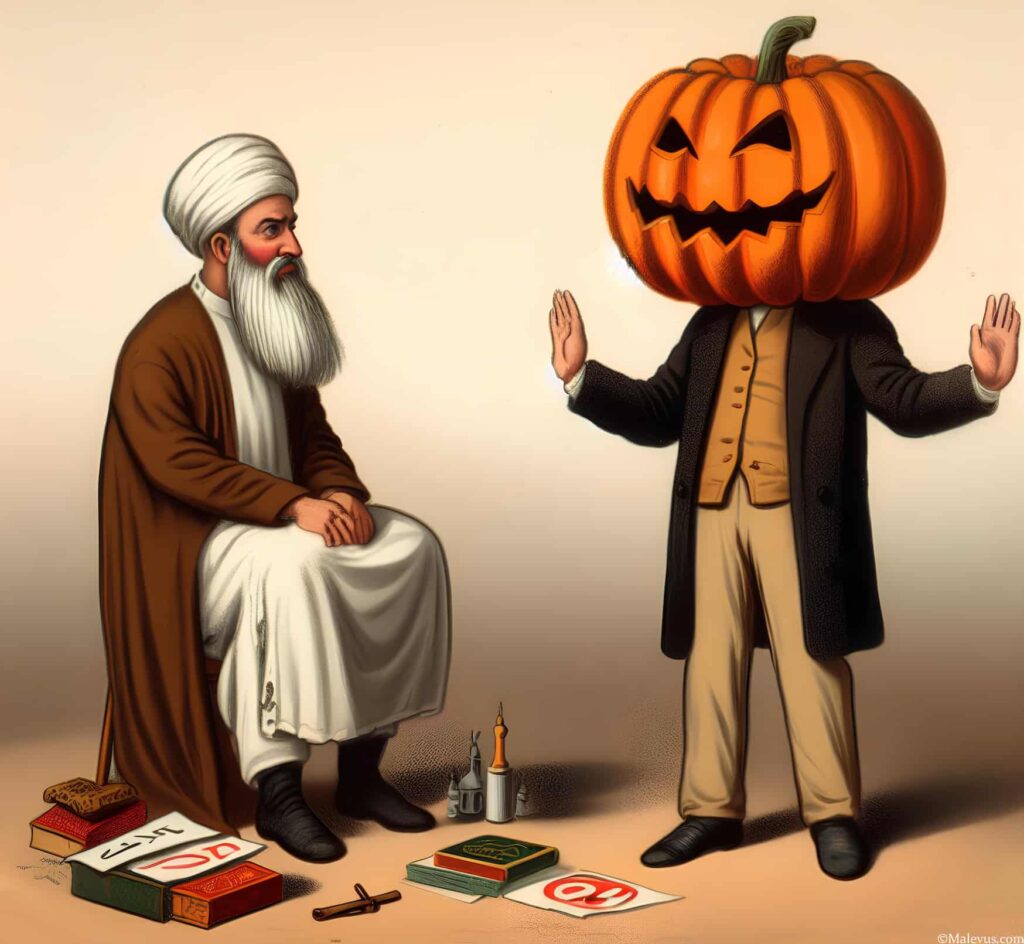
-> See also: Do Muslims Celebrate Halloween? Not Really
While some Muslims may opt to observe Halloween’s secular customs, the vast majority of them do not observe the festival. This is due to the widespread idea that Halloween is a pagan celebration that conflicts with Islamic values. Islam, being a faith that emphasizes piety and avoidance of immoral and pagan acts, does not approve of the festival since it is allegedly a shape of idolatry (shirk).
Dressing provocatively and making use of “haram” materials are examples of Halloween traditions that are banned. However, since Halloween is now a secular festival, non-religious people in largely Muslim countries, such as Turkey, try to celebrate Halloween in smaller, highly devoted groups by inviting others through social media and word of mouth.
Buddhism
There is no canonical position on Halloween held by Buddhists. But Buddhism also has a long history of legends about ghosts and other supernatural entities who are said to linger in the shadows of the afterlife in places like cemeteries, woods, and mountains where life and death meet. Many modern Buddhists believe in these otherworldly entities from their legends. Thus, some Buddhists observe Halloween but in their own unique fashion.
Dressing up in costumes and complimenting other people’s costumes is seen as a harmful behavior in Theravada Buddhism since it might lead to poor karma. Segaki, however, is a holiday observed by Mahayana Buddhists around Halloween, and it centers on providing food for hungry ghosts.
Around August, September, or October, Buddhism celebrates departed souls with a holiday called the Hungry Ghost Festival, or the Yulanpen Festival. In the Hungry Ghost Festival, they set out their family’s ancestral tablets, light incense, and cook three times on the day of the festival to appease the spirits and ensure a happy afterlife. The major event often takes place just before sunset.
Offerings of food and entertainment are offered to the hungry spirits in the hopes that they may be appeased and freed from their misery. Children and adults alike in Portland, Oregon, look forward to Dharma Rain Zen Center’s annual Segaki event in late October.
Samayatara is the female Buddha of the Northern direction, and her festival, which honors midnight and the knowledge of emptiness, is often observed around Halloween among Western Buddhists. Therefore, there’s generally little room or need for Halloween to grow in popularity among Buddhists.
Hinduism
The Hindu faith does not traditionally observe Halloween. It is not a major event in Hinduism, although some people opt to celebrate it anyway. Many Hindus feel uncomfortable with the celebration of ghosts and would rather celebrate Diwali, which sometimes coincides with Halloween. It symbolizes the “victory of light over darkness, good over evil, and knowledge over ignorance”.
Bhoot Chaturdashi, which occurs on the 14th day of the Hindu calendar month of Kartika, is a holiday with comparable meaning in Hinduism. On this day, it is said that ghosts and malevolent spirits will be banished forever. There are parallels between this celebration and Halloween’s emphasis on scaring away bad spirits.
Once Religious, Now Secular Festivals
Costume parties, trick-or-treating, pranks, and games are common Halloween activities in the United States, Canada, and Ireland. Different cultures commemorate the event in their own unique ways. Dia de los Muertos, also known as the Day of the Dead, is a celebration held in Mexico and other Latin American nations in commemoration of departed family members and ancestors. Bonfires and fireworks are lit to celebrate Guy Fawkes Day on November 5 in England. Despite these religious roots and connections, Halloween is now a secular celebration in the same vein as Valentine’s Day and Thanksgiving.



